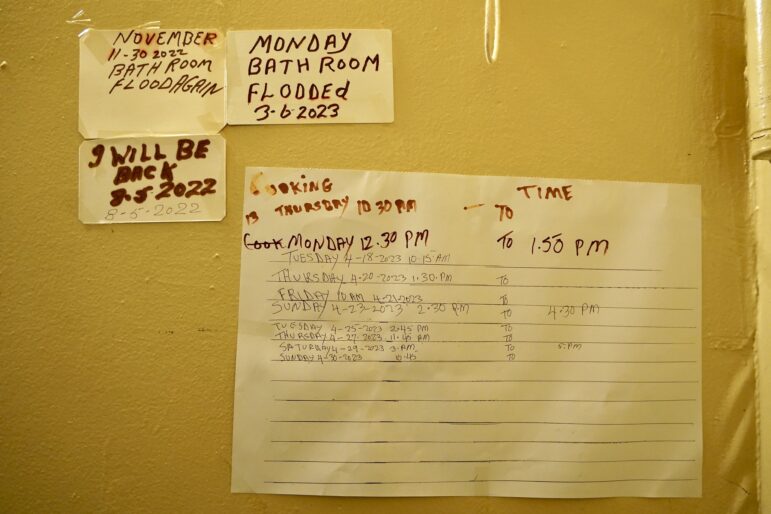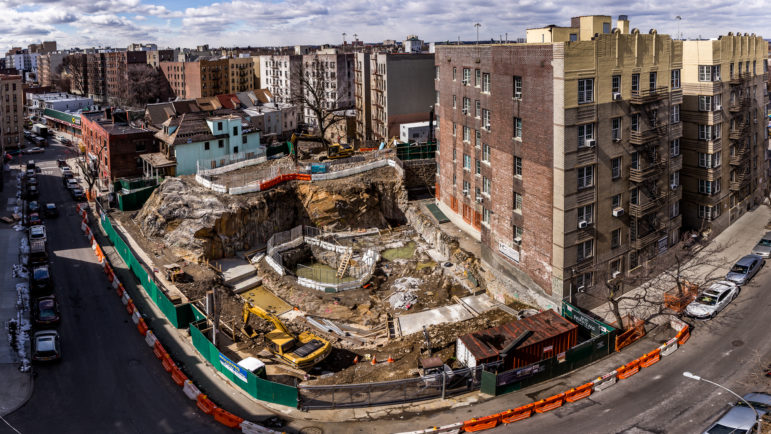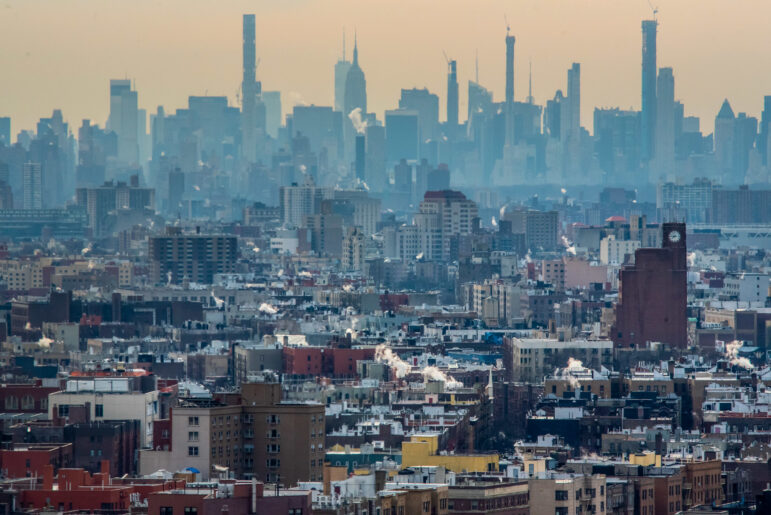The banking choices for New Yorkers without good credit can be dismal, ranging from check cashers to loan sharks. But consumer advocates say a prepaid Visa card that hip-hop entrepreneur Russell Simmons launched last week as a benevolent alternative to those exploitative options has such high fees that it’s hardly a good deal — even for the most desperate consumers.
The Rush Card was designed as “an anti-predatory product” for the 48 million Americans who don’t have bank accounts, said Craig Marshall, chief operating officer of Rush Communications, a media conglomerate founded by Simmons. Rush earned at least $500 million in 2002 from its clothing line Phat Farm and several television, film and magazine ventures.
But a closer look at the Rush Card’s terms raises questions about how positive an alternative it really is. First, you pay $19.95 to activate the card, then you fill the card with cash, either through direct deposit of your paychecks or by mailing in a money order or by paying another $6.95 to wire money. It then costs $1 for each debit transaction and $2 for each ATM withdrawal (plus whatever the ATM vendor charges). Rush does offer two free checks a month, but each subsequent check costs $1.95.
All those fees are leading consumer advocates to raise their eyebrows, particularly since Rush is marketing the card as part of “the war on ignorance and poverty,” as Simmons told Newsday last week.
“It sounds like a lousy deal,” says Rob Schneider, a senior attorney with Consumers Union, which publishes Consumer Reports.
The Rush Card is actually only slightly cheaper than New York City’s check cashers — a typical worker who uses cash checking services pays $324 a year in fees. (State law allows check cashers to charge no more than 1.4 percent per transaction.) If that person instead used the Rush debit card six times a month, made four ATM withdrawals, and wrote four checks, he’d still pay $308 a year in fees.
One far superior alternative for many New Yorkers is basic banking. Mandated by state law, a basic banking account includes eight to 12 free ATM, debit or checking transactions for $3 or $4 a month. Although basic banking has its problems — fees mount quickly when a consumer makes more than the maximum number of transactions — “it is probably a better option for most low-income New Yorkers than the Rush Visa Card, with its high per transaction fees,” said Tracy Shelton, a consumer attorney with the New York Public Interest Research Group.
Still, Marshall says Rush is confident the card will save consumers money and time — no lines to wait in or money orders to buy. And in many states outside of New York that don’t have basic banking laws and limits on check casher fees, he added, the card could be the best available option.
That’s one reason why the community group ACORN is considering partnering with Rush to market the card to its members nationally. “We may not think of the check cashing places as the axis of evil” in New York, said legislative director Don Baylor, “but in other places they really take people’s paychecks.”
But the fact is that Rush is marketing the card in New York — and so far, Marshall says, given Simmons’ high profile here, many of the 11,000 customers who have already signed up to use the card hail from the five boroughs. “There are better alternatives here,” said Sarah Ludwig, NEDAP’s executive director. “This should be something of last resort for people, but I don’t think they’re marketing it that way.”








